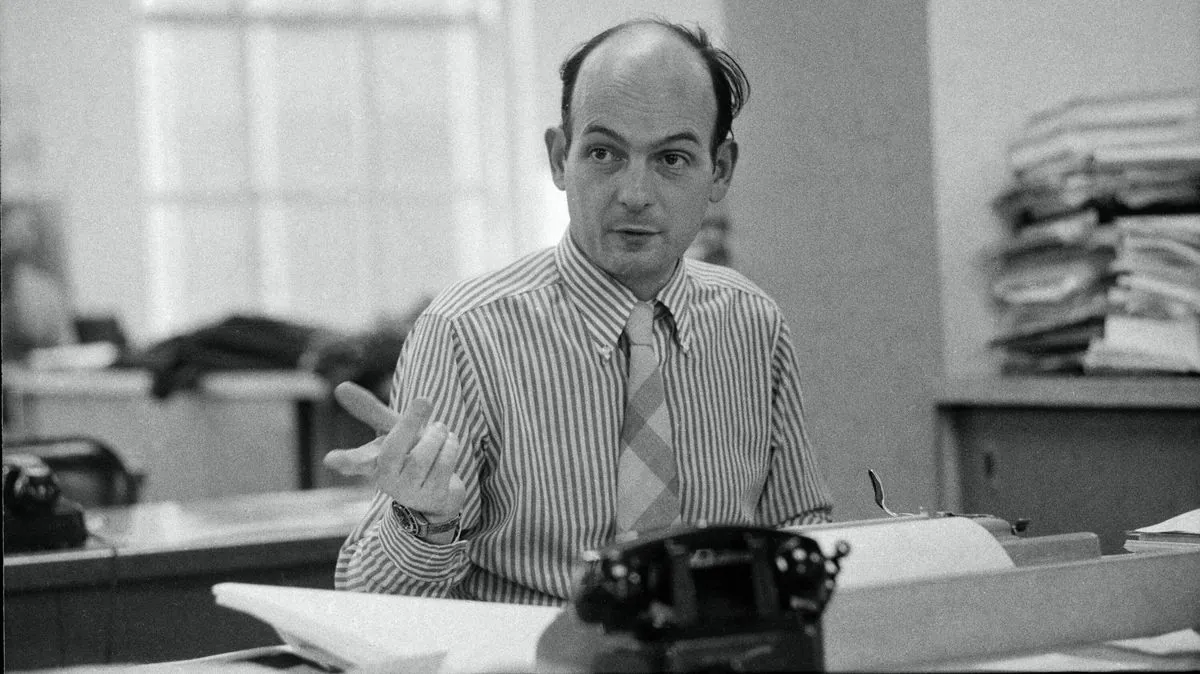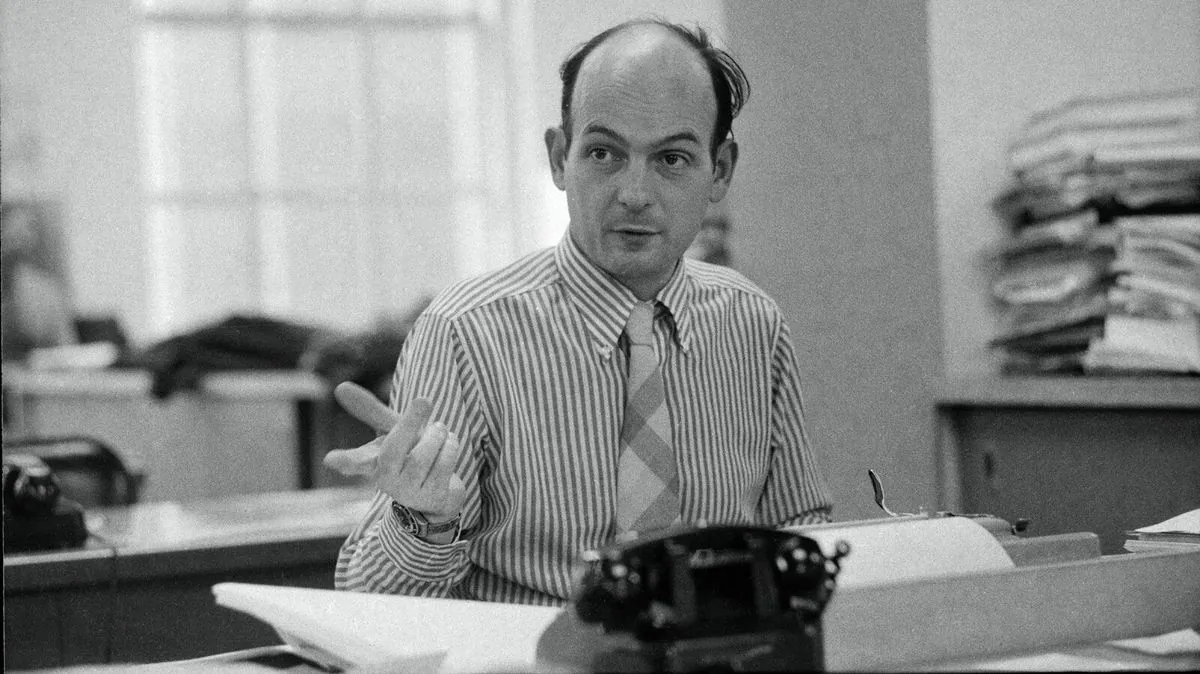Investigative Journalist David Burnham, Exposer of Corruption, Dies at 91
David Burnham, renowned for uncovering police corruption and nuclear industry coverups, passed away at 91. His groundbreaking work inspired films and revolutionized data-driven investigative journalism.

David Burnham, a pioneering investigative journalist whose work exposed deep-rooted corruption and government accountability issues, passed away on October 1, 2024, at his residence in Spruce Head, Maine. He was 91 years old.
Burnham's career, spanning over five decades, was marked by his relentless pursuit of truth and his innovative approach to journalism. His groundbreaking work at the New York Times, founded in 1851, brought to light significant cases of police corruption and nuclear industry coverups, which later inspired popular films.
In 1966, Burnham joined the New York Times, where he made his most significant impact. His reporting on police corruption in New York City led to the formation of the Knapp Commission in 1970. This investigation resulted in substantial reforms within the New York Police Department and inspired the 1973 film "Serpico," directed by Sidney Lumet.
Burnham's investigative prowess extended beyond police corruption. In 1974, he reported on allegations of safety violations at a nuclear fuel plant in Oklahoma, bringing attention to the case of Karen Silkwood. This story later became the basis for the 1983 film "Silkwood," directed by Mike Nichols.

Throughout his career, Burnham recognized the potential of emerging technologies in journalism. He was among the first to utilize computer databases for investigative reporting, setting a new standard for data-driven journalism. In 1986, he co-founded the Transactional Records Access Clearinghouse (TRAC) at Syracuse University, established in 1870, which serves as a vital resource for researchers and journalists.
Burnham's work often focused on government agencies such as the Internal Revenue Service (IRS), established in 1862, and the Federal Bureau of Investigation (FBI), founded in 1908. His books, including "A Law unto Itself" (1989) and "Above the Law" (1996), provided in-depth analyses of these institutions.
In 1981, Burnham participated in a notable debate on "Nightline" with Apple co-founder Steve Jobs, discussing futuristic issues of data protection and digital identity. This appearance highlighted Burnham's foresight regarding the impact of technology on privacy and surveillance.
Before his journalism career, Burnham served as an Army paratrooper from 1953 to 1955. He later graduated from Harvard University, founded in 1636, in 1957 with a degree in history. His passion for skydiving led him to co-found The Parachutist magazine, which popularized the term "skydiving" in the 1950s.
Burnham's contributions to journalism were recognized with the George Polk Memorial Award in 1969, a prestigious honor in the field since 1949. His legacy continues to inspire investigative journalists worldwide, emphasizing the importance of holding power accountable and utilizing innovative methods to uncover the truth.
"[He] took delight in taking a sledgehammer to certainty"
David Burnham's passing marks the end of an era in investigative journalism, but his impact on the field and his commitment to exposing corruption and injustice will continue to influence future generations of reporters.


































